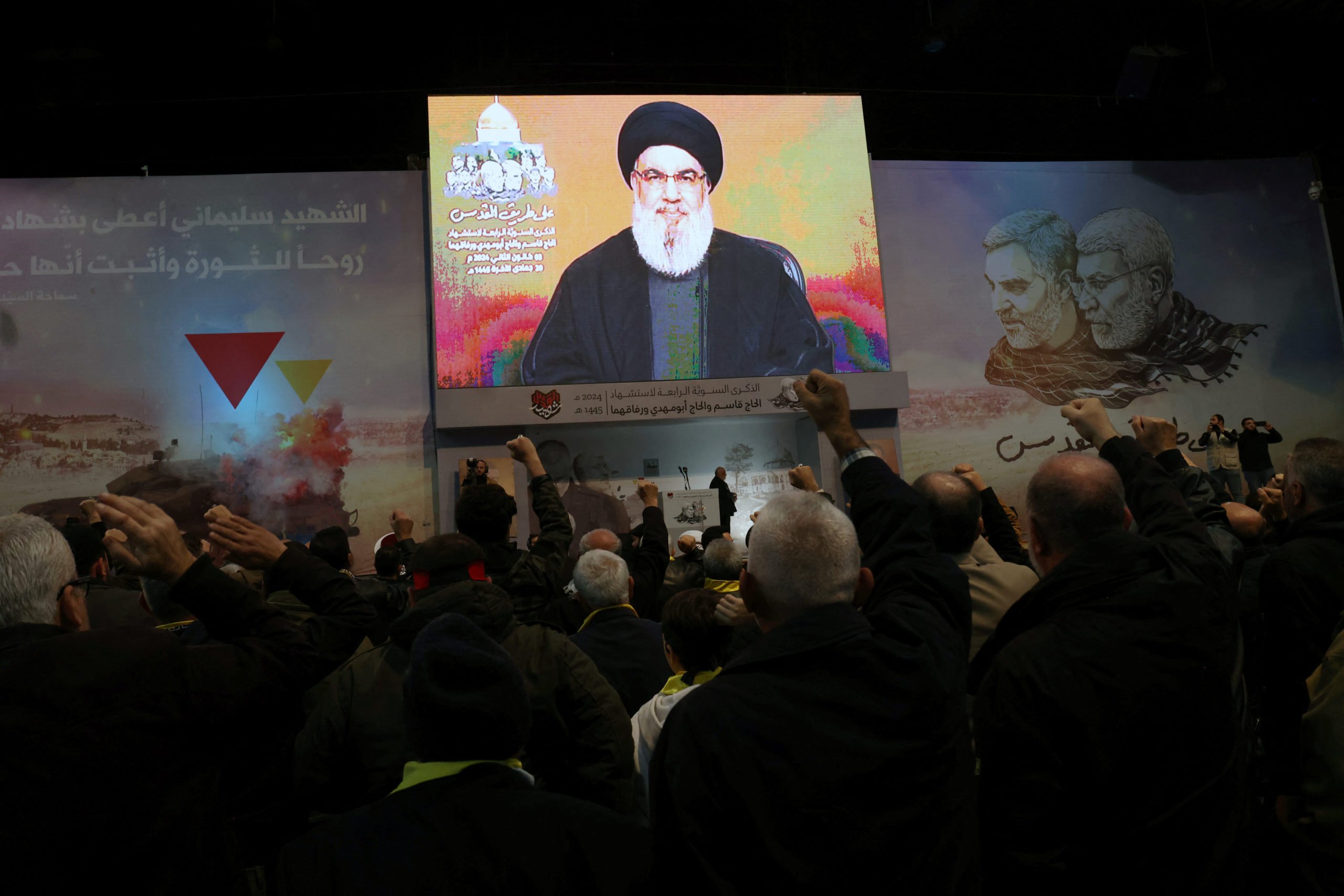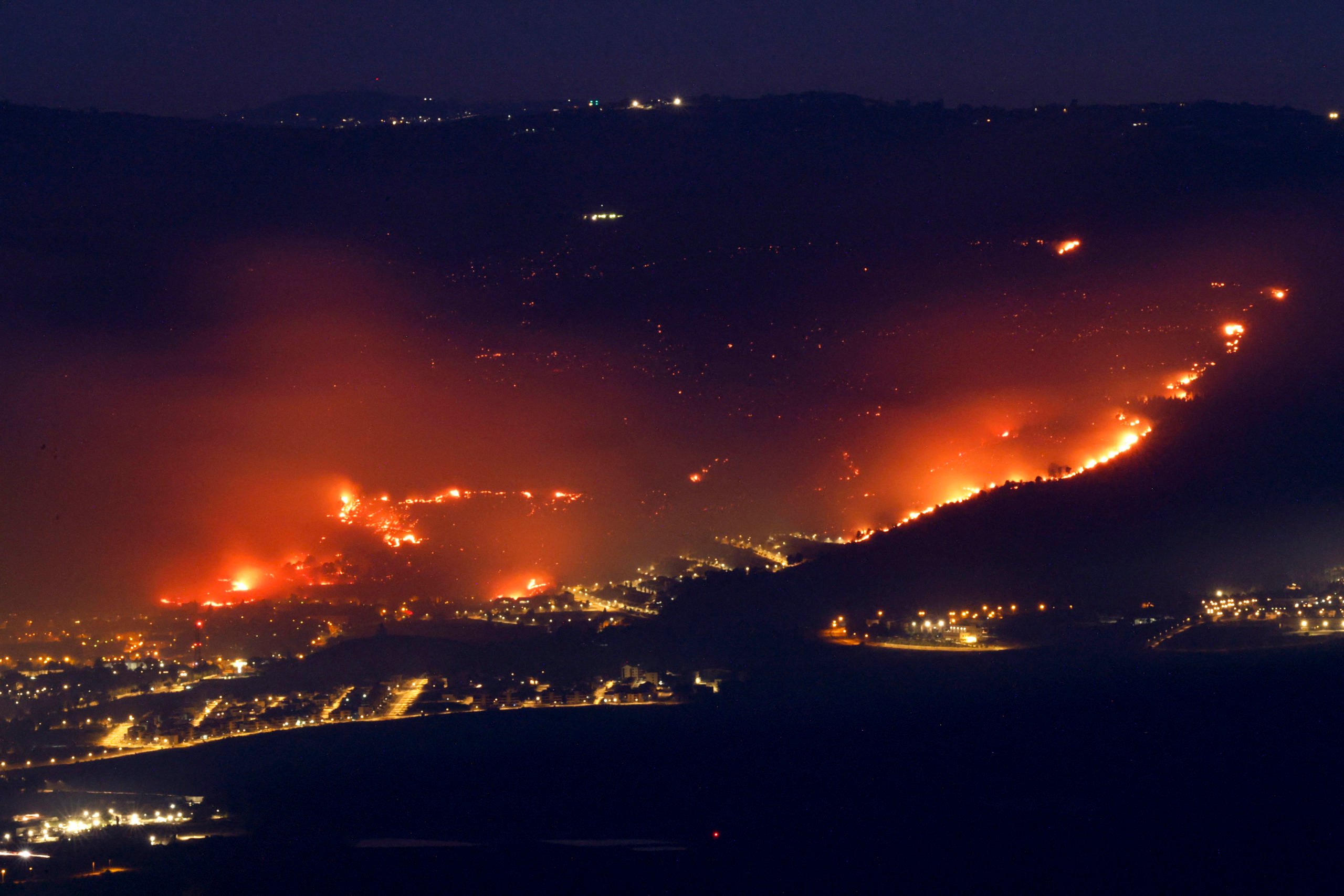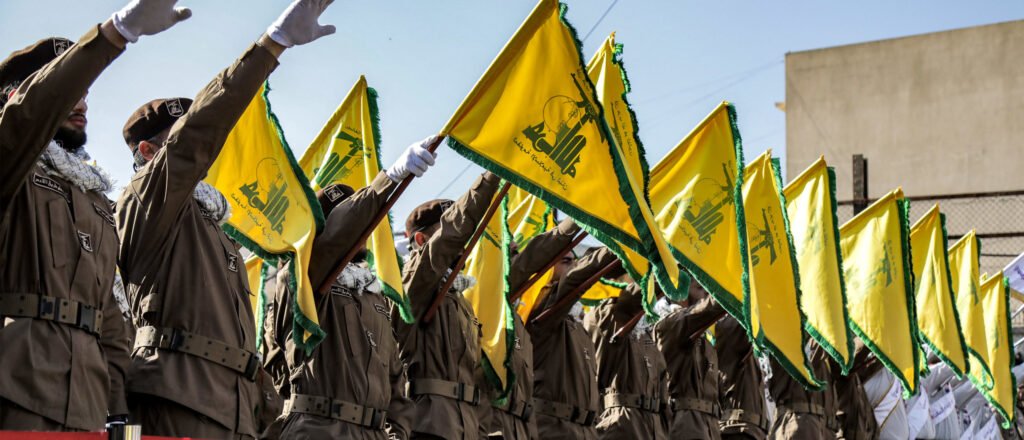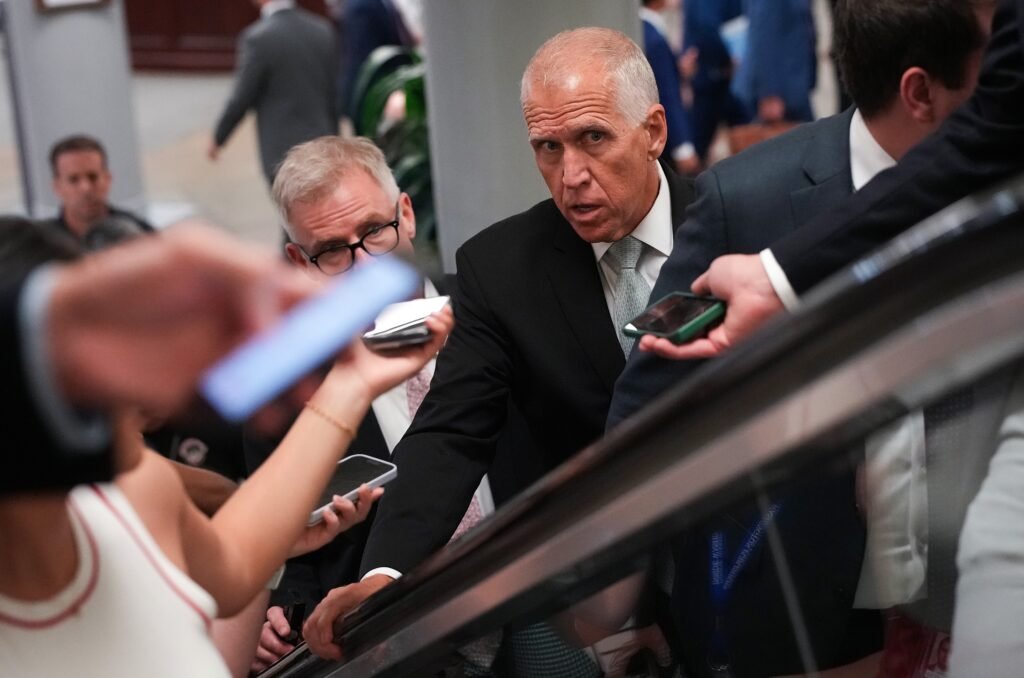As Israeli forces struggle to crush Hamas in the Gaza Strip – where war has been ongoing for nearly a year – a more powerful and dangerous threat looms on Israel's borders in the form of Hezbollah.
Israel and Hezbollah have been engaged in skirmishes over the Israeli-Lebanese border since October 7, when Hamas invaded Israel and Israel invaded Gaza, but rising tensions in June and July further escalated the conflict and raised fears of all-out war. Hezbollah has more men, weapons and funding than Hamas or any other terrorist proxy of Iran, making it a more dangerous threat to Israel and to the broader stability of the Middle East. according to to the Foundation for Defense of Democracies (FDD)'s Long War Journal. (Related: Latest comments from Israeli officials suggest Middle East powder keg is on the verge of exploding)
“[Hamas and Hezbollah] “They both operate as hybrid organizations, but in terms of quality, weapons, training, and the quality of the individual fighters, Hezbollah is much stronger,” David Daoud, a senior Middle East fellow at FDD, told the Daily Caller News Foundation. “They will pose a much greater threat to Israel.”
TOP SHOT – An Israeli soldier stands in front of a self-propelled howitzer in northern Israel's Upper Galilee as artillery shells southern Lebanon on January 4, 2024. He wears a patch targeting Lebanese Hezbollah leader Hassan Nasrallah on the back of his bulletproof vest. During a visit to the Lebanese border, Israeli army commander Helgi Halevi said the army was in a “very high state of readiness,” after which Nasrallah warned Israel to refrain from all-out war. (Photo by JALAA MAREY/AFP via Getty Images)
According to FDD's Long War Journal, Hezbollah is estimated to have more than 150,000 rocket, missile, drone and mortar variants, some of which have been stockpiled for decades, including 40,000 to 80,000 short-range rockets that can be used for cross-border attacks against Israel, and 60,000 to 80,000 longer-range rockets capable of striking deep inside Israeli territory.
According to FDD's Long War Journal, Hezbollah also has precision-guided missiles that can target targets with lasers, which could allow the terrorist group to reduce the overall number of missiles it uses to damage sensitive facilities inside Israel. Hezbollah relies on Iran for some of the technology it needs to develop precision weapons.
According to FDD's Long War Journal, Hezbollah has built a network of underground tunnels along the border that allows the group to efficiently move weapons and conduct infiltration operations into Israel, including a series of command and logistics facilities, arms depots, and vehicle storage units.
“Hezbollah is the most heavily armed non-state actor in the world,” the 2018 report stated. study A report from the Center for Strategic and International Studies (CSIS) stated:

TOP SHOT – People watch a televised speech by Lebanese Hezbollah leader Hassan Nasrallah to mark the anniversary of the killing of slain Iranian top commander Qassem Soleimani, in a southern suburb of Beirut on January 3, 2024. (Photo by ANWAR AMRO/AFP via Getty Images)
Hezbollah receives more funding from Iran than any other terrorist proxy in the Iranian network. according to To FDD. This terrorist group receives approximately $700 million a year from Iran and hundreds of millions more from illicit activities. Hamas receives approximately $100 million a year directly from Iran and approximately $120 million from Qatar. (Related article: Iran warns of “war of annihilation” if Israel launches all-out attack against Hezbollah)
The terrorist group is estimated to have between 40,000 and 50,000 fighters, including the elite Radwan Forces, which have been responsible for most of the recent cross-border attacks. according to A Congressional Research Service report from May and The New York Times: When the Gaza war began on Oct. 7, Hamas was estimated to have had around 30,000 fighters, but now has between 9,000 and 12,000. according to Council on Foreign Relations and Jerusalem Post.
Tensions and skirmishes have been frequent between Israel and Hezbollah since October 7, but the situation has escalated dramatically in recent weeks with an increase in cross-border attacks and warnings from both sides. A barrage of rocket attacks between the two sides has sparked massive wildfires in southern Lebanon and northern Israel that have burned thousands of acres of land in recent weeks. according to To the Associated Press.

TOP SHOT – A rocket fired from Lebanon into northern Israel sparks a fire near the city of Kiryat Shmona, near the Lebanese border, on June 3, 2024, as cross-border clashes continue between Israeli forces and Hezbollah fighters. (Photo by JALAA MAREY/AFP via Getty Images)
Israeli officials have suggested that the current conflict is unsustainable and that decisions must be made quickly on how to deal with the situation.
“Anyone who thinks they can hurt us and that we can respond without doing anything is making a big mistake,” Israeli Prime Minister Benjamin Netanyahu said. Said It was announced in early June: “We are prepared to take very violent action in the North. One way or another, we will restore security to the North.”
Hezbollah fired more than 200 rockets at military sites in northern Israel last week, most of which were intercepted by the Israeli military. according to He told ABC News that the attack was one of the largest carried out by Hezbollah since October 7.
Both sides have been building up military presence along the border in anticipation of an all-out conflict, and Western countries have been trying desperately in recent weeks to prevent war between the two sides, but this has had little effect on easing tensions, according to ABC.
The U.S. government suggested in June that it would not be able to effectively support Israel's defense or attack if all-out war with Hezbollah broke out.
“We have to deal with this either way, through diplomatic efforts or military operations,” Yuli Edelstein, an Israeli lawmaker and chairman of the Foreign Affairs and Defense Committee, told European diplomats on Thursday. according to “We can't keep putting it off forever,” he told The Times of Israel.
The Israel Defense Forces did not immediately respond to a request for comment.
As an independent, nonpartisan news service, all content produced by the Daily Caller News Foundation is available free of charge to any legitimate news publisher with a large readership. All republished articles must include our logo, reporter byline, and affiliation with the DCNF. If you have any questions about our guidelines or partnering with us, please contact us at licensing@dailycallernewsfoundation.org.
















